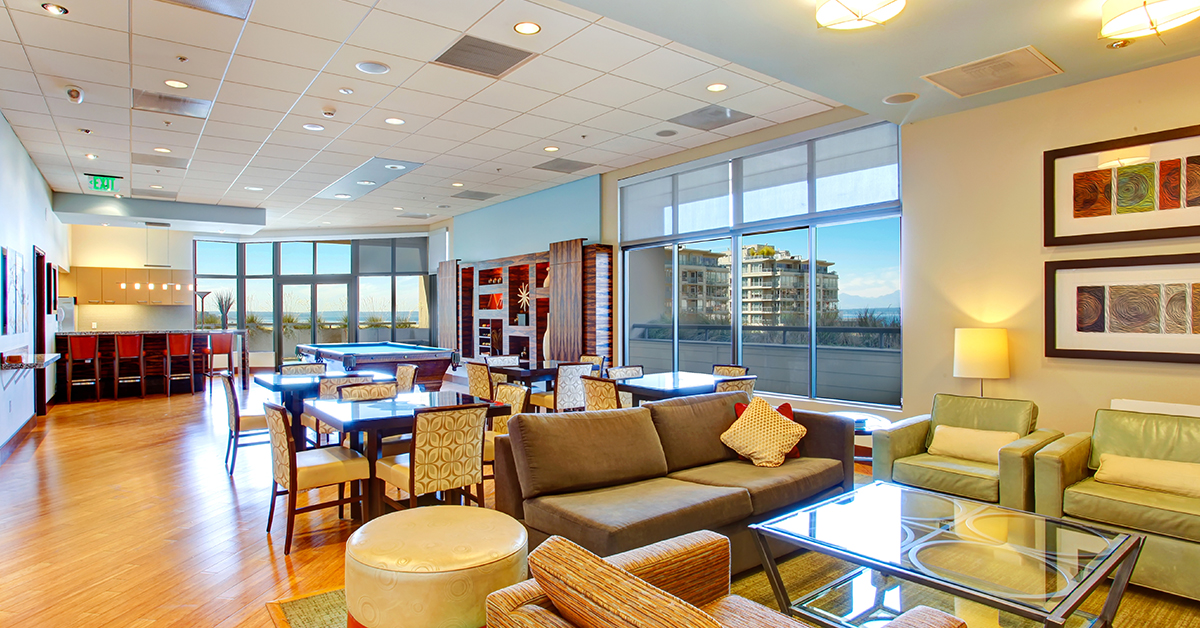“Opinion: Condos and HOAs Should Avoid Rushing to Open Common Areas” – Miami Herald
 With Jacksonville beaches now open for limited purposes and more to follow in the coming days and weeks, members of your private residential community may be even less tolerant about common amenities remaining closed. However, convenience must always be subordinated to life safety.
With Jacksonville beaches now open for limited purposes and more to follow in the coming days and weeks, members of your private residential community may be even less tolerant about common amenities remaining closed. However, convenience must always be subordinated to life safety.
The same steps used by your board to evaluate when and how to close your common areas to combat the spread of Covid-19 in your community should be employed to determine their reopening.
Community association boards in Florida have followed cues from state and local government and heeded the advice of medical and management professionals and association counsel when crafting and enforcing pandemic protocols. Despite taking steps to safeguard community residents, some boards have been subjected to legal threats and pushback from residents who are less inclined to see the big picture.
Will these boards be able to withstand that pressure and continue to see their protocol through to its logical conclusion?
Recently it was reported that a group of eight friends who met regularly in an Aventura condominium card room had all become infected by Covid-19 with three members of the group sadly succumbing to the disease. The group played together for the last time a little over a month ago. It has been my experience that in those communities where Covid-19 infections and/or deaths have occurred, the reality of the situation became much clearer and residents who were formerly resistant to limitations on their access to common areas became grateful for those protections virtually overnight.
Still, these closures must come to an end at some point and likely that end will occur well before a Covid-19 vaccine becomes available. What will the new normal look like in terms of the community association lifestyle? Will more communities utilize technology like online voting and virtual meetings as a way to minimize crowds and paper voting materials? Will permanent hand sanitizer stations be placed in high traffic areas and crowded spaces such as elevators and shared laundry rooms? Will spacing out pool chairs and fitness equipment be the norm on a going forward basis?
Communities with a variety of common amenities have a more difficult decision in deciding which areas to open first. Does the card room pose more or less of a risk than the fitness room does? Small communities may have a much easier time enforcing social distancing once they do reopen common areas than high-rises with hundreds of residents. “55 and Over” communities should be particularly resistant to rush to reopen before it is safe to do so and rules pertaining to activities such as card games might be revised to limit the maximum number of participants.
The communities that are faring the best in this crisis have directors who are willing to take the necessary steps even when those are unpopular to safeguard their residents. This pandemic has reinforced the need to have people with leadership qualities serving on community association boards. Directors who feel they must relent and take premature steps to assuage the louder voices in their community should consider the application of the “business judgment rule” first.
Directors’ business decisions are generally upheld if the directors discharge their duties in good faith and in the best interests of the corporation. Florida courts have generally given deference to board actions by applying the business judgment rule. A seminal case is Hollywood Towers Condo. Ass’n v. Hampton, 40 So.3d 784 (Fla. 4th DCA 2010), in which the court judged an association board by a reasonableness standard. The court established a two-prong test for evaluating the reasonableness of a board’s actions by asking if the board had the authority to take the action it did and was the action reasonable? The court went on to define an action as being reasonable if it was not arbitrary, capricious or in bad faith.
The business judgment rule has been used to successfully defend a variety of decisions made by association boards throughout Florida. It’s hard to fathom how keeping common areas closed until such time as the risk has truly passed would be deemed anything but reasonable by a trier of fact. Like an athlete who believes he or she is recovered after an injury the soundest advice is always to give it another week or two.





